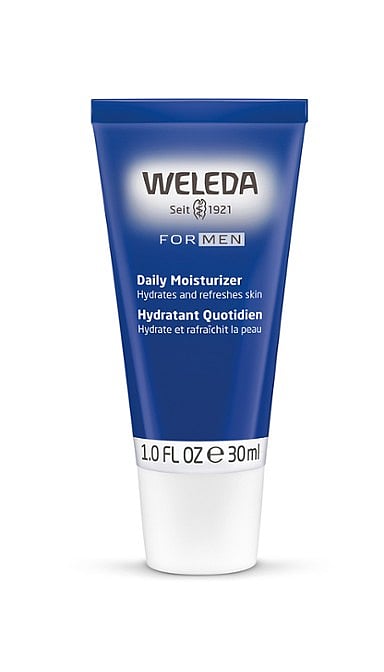CPOpen: Your Gateway to Current Affairs
Stay updated with the latest trends and insights across various topics.
Moisturizer Myths Busted: What Your Skin Really Craves
Uncover the truth about moisturizers! Discover the myths that could be harming your skin and learn what it really craves for a healthy glow.
The Truth About Humectants: Do They Really Work?
Humectants are ingredients commonly found in skincare and haircare products, known for their ability to attract and retain moisture. The truth about humectants lies in their chemical properties, which allow them to draw water from the environment or deeper layers of the skin. This makes them essential for maintaining hydration, especially in dry climates or during winter months. Popular humectants include glycerin, hyaluronic acid, and aloe vera, each contributing differently to moisture retention. While they can be remarkably effective, their performance can vary depending on factors such as product formulation and environmental conditions.
However, it's crucial to understand that humectants do not work in isolation. Moisture balance is dependent on several elements, including the presence of occlusive and emollient agents, which help seal in moisture and prevent evaporation. When used together, these components create a synergistic effect that enhances overall hydration. Additionally, in excessively dry conditions, humectants can sometimes draw moisture away from the skin, leading to potential dryness. Therefore, it's imperative to choose products that combine humectants with other hydrating ingredients to ensure optimal results for your skin or hair.

Oil vs. Water: What Your Moisturizer Should Really Be Made Of
When it comes to choosing the right moisturizer, understanding the difference between oil and water as base ingredients is essential. Oil-based moisturizers typically provide a barrier that locks in moisture, making them ideal for individuals with dry or sensitive skin. They often contain ingredients like jojoba oil, argan oil, and coconut oil, which can nourish and hydrate the skin deeply. On the other hand, water-based moisturizers offer a lightweight alternative, perfect for oily or combination skin types. These tend to absorb quickly and can give your skin a refreshing boost without the heaviness of oils.
Finding the right balance for your skin type can make a world of difference. If you're unsure which type of moisturizer is best for you, consider your skin's needs:
- Dry Skin: Opt for oil-based moisturizers for better hydration.
- Oily Skin: Water-based formulas will help keep your skin moisturized without adding excess oil.
- Combination Skin: A hybrid moisturizer that contains both oil and water can offer the best of both worlds.
Ultimately, the choice between oil and water in your moisturizer boils down to understanding how your skin behaves and what it craves.
Debunking 5 Common Moisturizer Myths for Healthy Skin
Many people believe that moisturizers are only necessary for dry skin, but this is one of the most pervasive myths in skincare. In reality, every skin type, including oily and combination skin, can benefit from a good moisturizer. Applying a product that hydrates and locks in moisture helps maintain the skin's natural barrier and prevents excess oil production. The right moisturizer can even help balance oily skin by providing hydration without clogging pores.
Another common misconception is that using a moisturizer can cause breakouts. This fear often discourages individuals from moisturizing altogether. However, the truth is that when you choose a product formulated for your skin type, moisturizing can actually help reduce acne. A well-hydrated complexion is less likely to become irritated or inflamed, leading to fewer blemishes. So, don't skip this crucial step in your skincare routine; embrace moisture for a clearer, healthier visage.